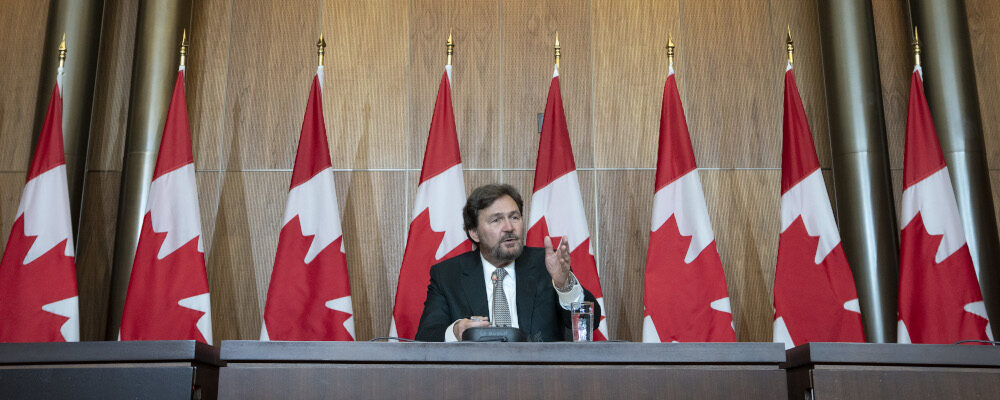The Supreme Court of Canada has held that the federal government’s Impact Assessment Act is largely unconstitutional. In coming to this conclusion, the Court’s reasoning left some important issues open to future litigation. It should lead to some circumspection.
Beyond the result in this case, which sets important limits on Parliament’s powers, the Court’s reasons have raised questions about the federal spending power and the limits of federal power to implement amendments to the international treaty on migratory birds. And the Court’s comments about the scope of Parliament’s regulatory powers have implications for other federal initiatives. This is not to mention the broader debates about the criminal law power that have been raised by recent developments in Alberta.
Whether some like it or not, Canada is home to diverse peoples. What holds this great country together is a recognition of this fact and accommodating the legitimate desire for autonomy. This is important for Quebec, to be sure, but it has broader salience for Canada’s peoples.
It is undeniable that the provinces expressed a desire to unite in 1867 and that the advantages of union were also sought by other provinces that were created or joined the Canadian federal system. And Canadians expect a lot from their central government, rightly so.
But recognizing this does not mean creating a system in which the provinces become mere vassals of the centre. That was not the purpose of the bargain at its inception and as it has evolved over time. I would add that a highly centralized conception of the country is also incompatible with the legitimate demands for internal self-government made by Indigenous peoples.
They want autonomy that has been taken from them and that international law not only recognizes but demands. The United Nations Declaration on the Rights of Indigenous Peoples is a significant document. But it is in part an affirmation of legal principles that were already there, and which the Supreme Court of Canada gave voice to in the Secession Reference. Its comments are equally applicable to many other sub-national entities around the world. Indeed, many countries have turned to federalism or some other form of multi-level governance to give expression to this principle of international law.
And Quebec understandably remains vigilant to maintain its own autonomy. But this constant vigilance should not be required. Some of the legal principles Quebec, Alberta and others advance in the courts should be settled and respected by all as a matter of course. Yet this is not always so by some in English Canada, even in the wake of the decision.
Sometimes, more surprisingly, the central government itself invites the courts to undermine the principles that were a necessary precondition to the country’s creation and that ultimately keep it together. The provinces did not create a central government to have it undermine the autonomy they decided to maintain and which rests at the heart of our constitutional scheme. They did so to reap the benefits of central governance over certain issues and have a government work in their interest. It is time for it to get back to that task.

This is not to say that one should be rigid in one’s approach to the division of powers. There is legitimate room for some flexibility and overlap. But as the Supreme Court has reminded us in a well-reasoned and nuanced judgment, recognizing this fact cannot “erode the constitutional balance inherent in the Canadian federal state.” An enduring constitution requires nothing less.
Our constitutional system is not an artifact standing in the way of what is perceived as good public policy on any given day. It is a blueprint for a living system of government with a purpose. The Supreme Court has now reaffirmed these fundamental propositions. The country and its unity are better for it.




